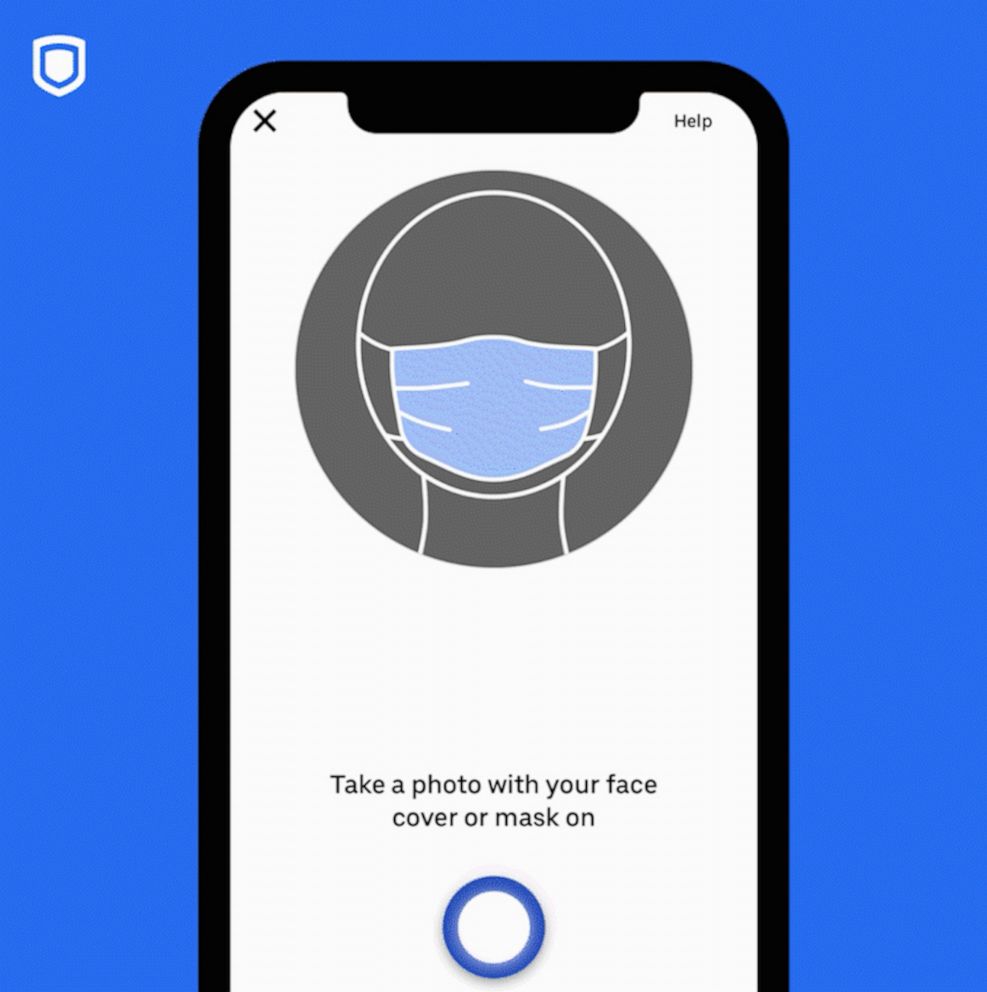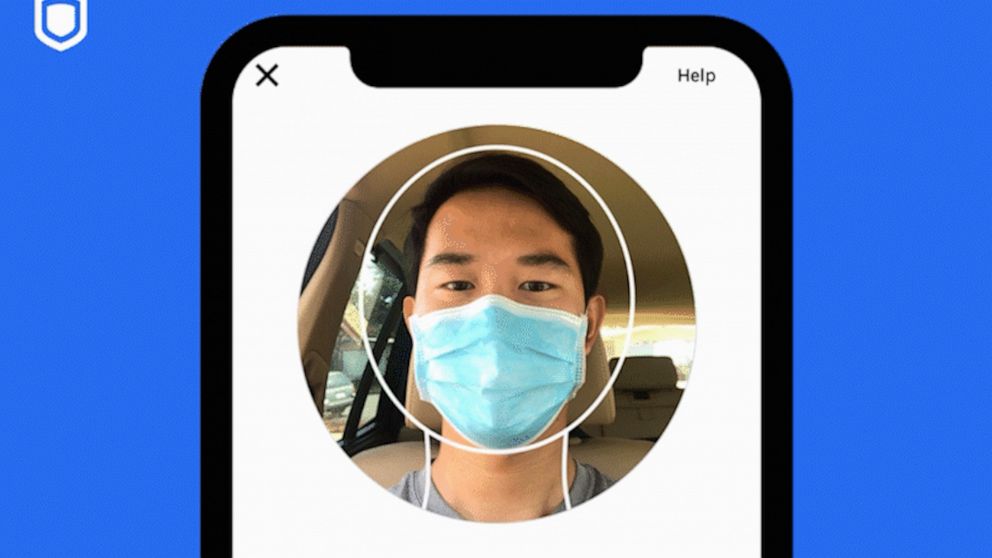Uber riders who violate face covering policy must soon take mask selfie for service
Uber announced Tuesday that passengers who have refused to wear face coverings will soon be required to take a "mask selfie" before they can even request a car.
The ride-share company has required both riders and drivers to wear masks since May, and while executives say most people have followed the rules, not everyone has complied.
"If we do have people who are still violating the policy, we want to be able to verify them with an extra step," Uber's senior director of product management, Sachin Kansal, told ABC News. "And if they're not wearing a mask, they will not be able to take a ride."
Uber rolled out the same face detection technology for its drivers in May. The software in the app can determine whether a driver is wearing a face covering based on the photo. If a face covering is not detected, the driver cannot go online.
Passengers have had to complete a checklist before getting into an Uber over the past few months, but they have not needed to take a photo of themselves wearing a mask.
Now, when riders with past violations attempt to request a ride, they will be asked by the app to take a selfie. According to Uber, the software can even detect whether or not the rider's mask is pulled up above his or her nose.

"We want to continue to educate the users who may not be aware of this policy," Kansal said. "They're just coming back, let's say, and using Uber after a long time."
Uber insists its face detection software does not use any biometric information and that the company won't store the selfies for long.
"In about four days we delete the picture," Kansal said. "The reason why we keep it for four days is in case there is any issue, there is any complaint."
The company hopes requiring picture proof will reduce reported violations, but it has already banned some riders and drivers for repeatedly failing to comply with its mask mandate.
"If we find that riders or drivers have been in violation of the policy, we will first educate them," Kansal explained. "We will send them emails. We want to make sure that they actually understand what the policy is. But if we see repeat violation, then we can take further action, including taking them off the platform."




